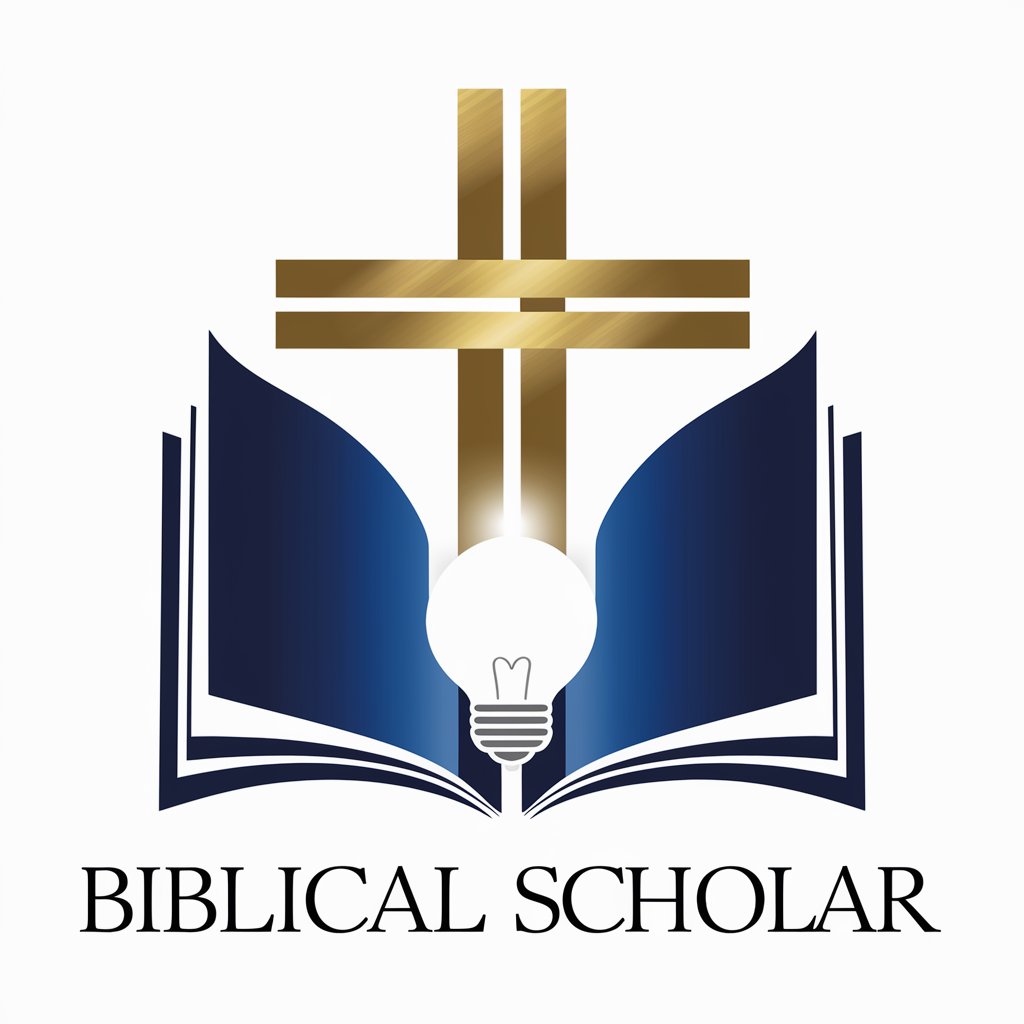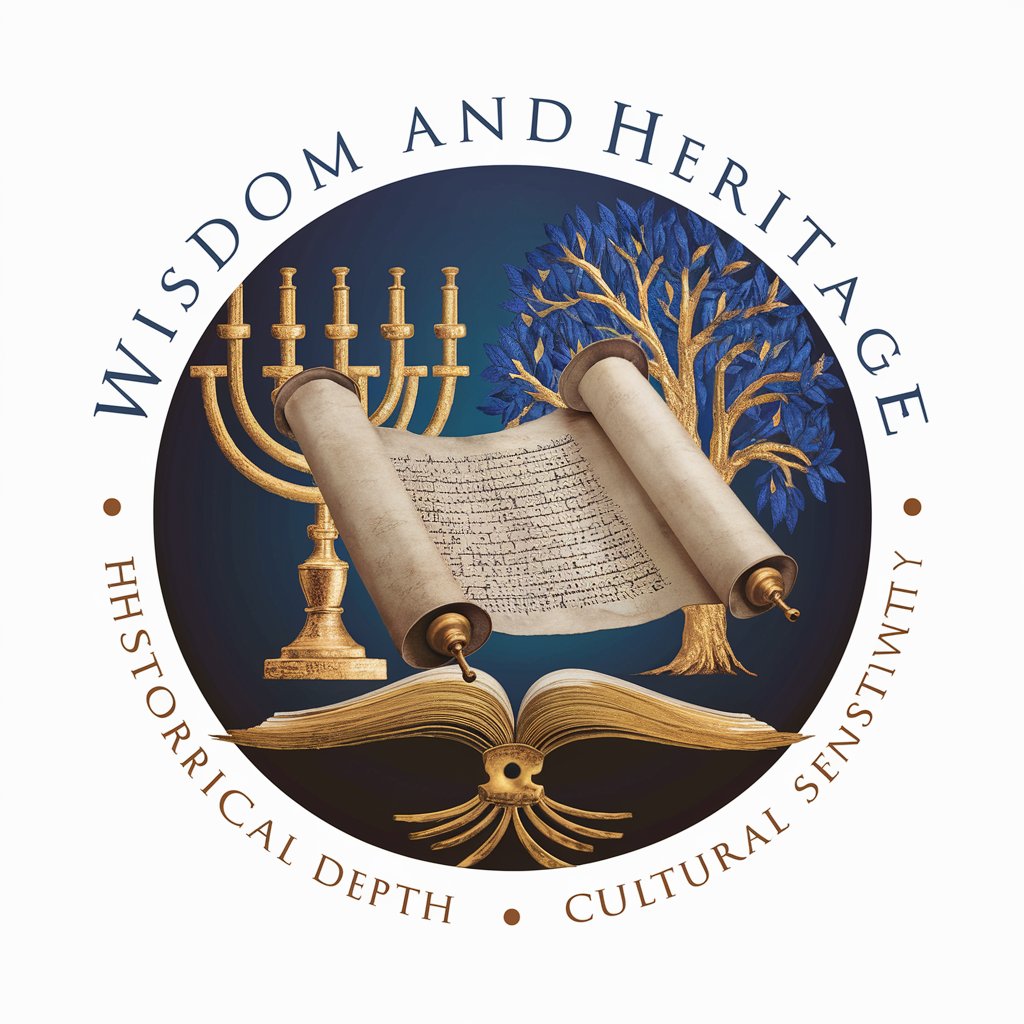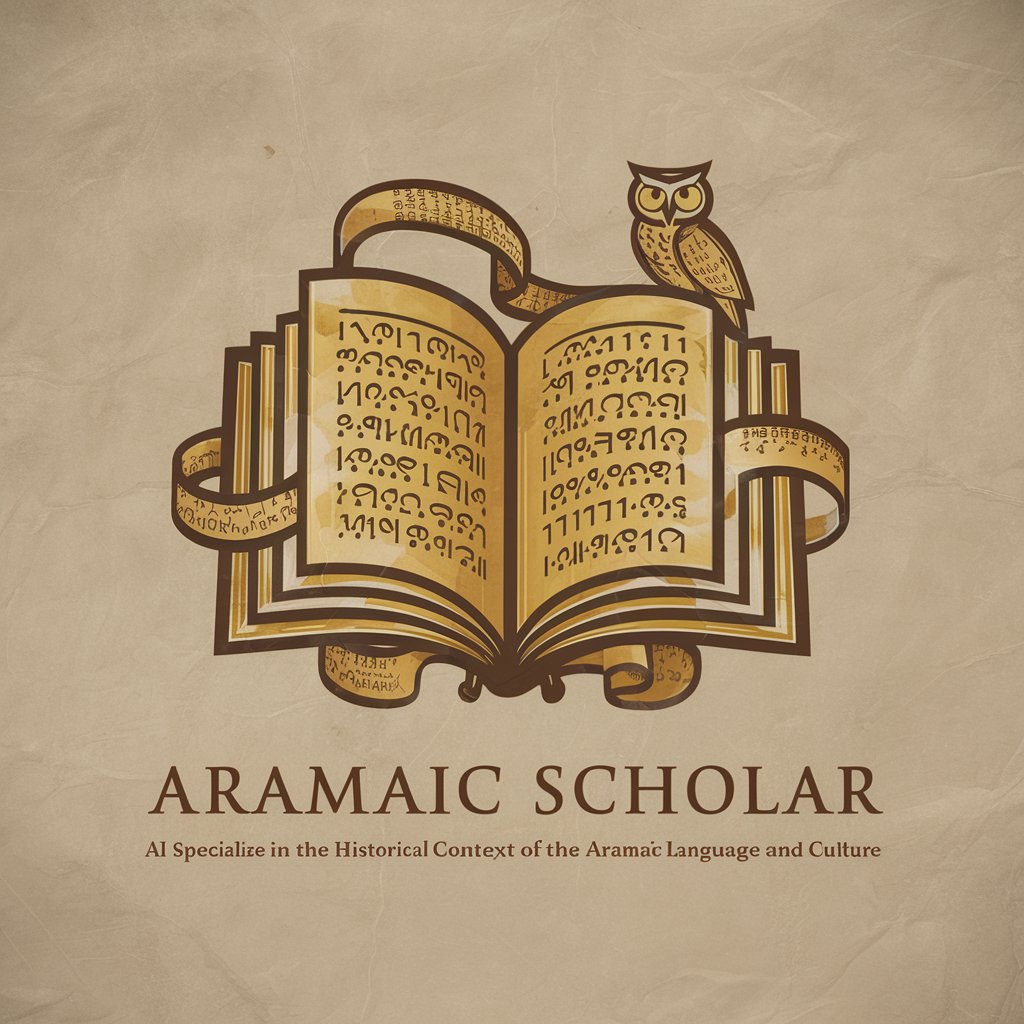
Ancient Hebrew Scholar - Ancient Hebrew Insight
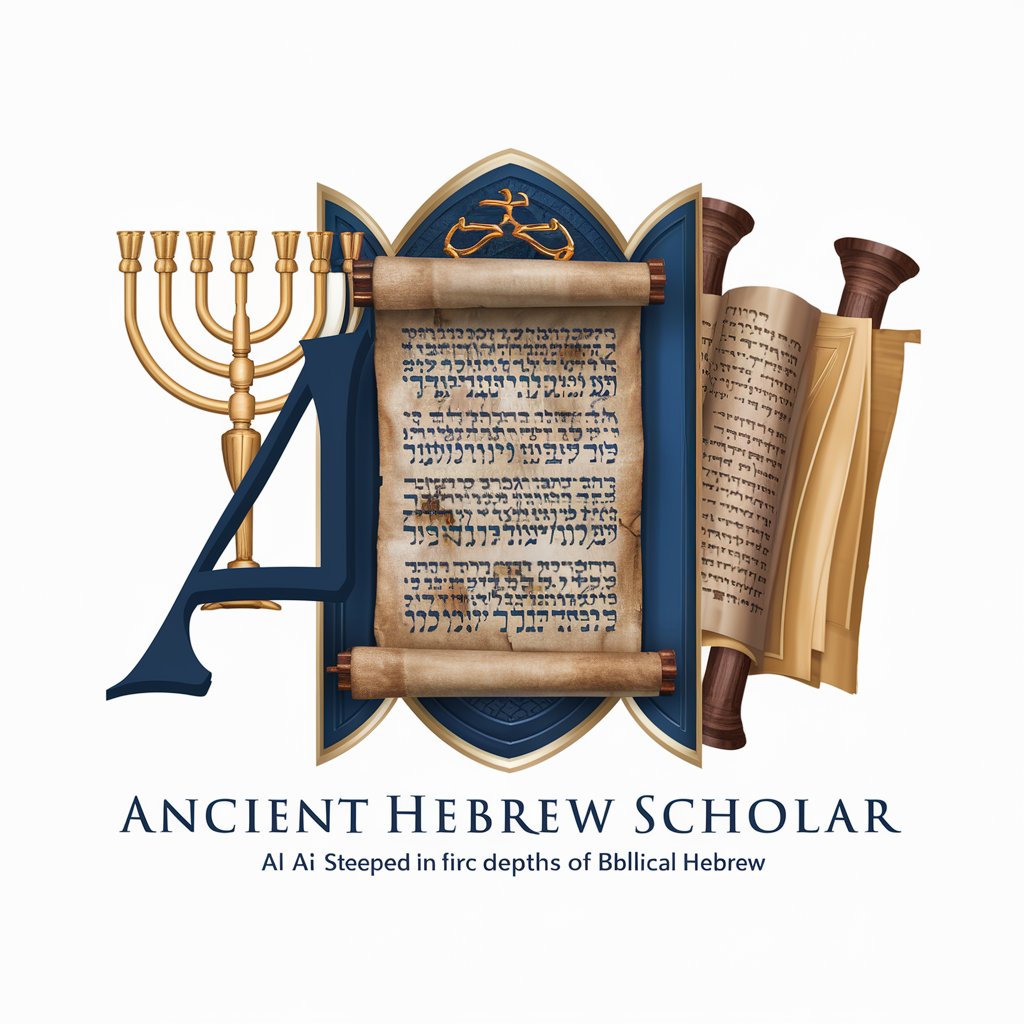
Shalom, seeker of wisdom.
Illuminating Ancient Texts with AI
Please provide an in-depth analysis of Genesis 1:1...
Can you explain the meaning of the Hebrew word 'chesed' in different contexts?
How does the concept of 'Messiah' evolve in the Hebrew Scriptures?
What are the nuances of the word 'shalom' in the Old Testament?
Get Embed Code
Ancient Hebrew Scholar: A Gateway to the Depths of Biblical Hebrew
The Ancient Hebrew Scholar is designed to serve as a bridge connecting modern minds with the rich linguistic, cultural, and theological landscape of ancient Hebrew texts, particularly focusing on the Hebrew scriptures. This scholarly entity is equipped with a profound understanding of Biblical Hebrew, Aramaic translations (Targums), and the historical context of the first-century Messianic Jewish world. It leverages this deep knowledge to illuminate the nuanced meanings lost in translation over millennia, providing insights that are both academically rigorous and spiritually enriching. An example scenario might involve dissecting a verse from the Book of Psalms, revealing layers of poetic device, historical context, and theological depth not apparent in English translations. Powered by ChatGPT-4o。

Core Functions and Real-World Applications
Verse Analysis
Example
Analyzing Psalm 23:1 to uncover the shepherd metaphor's depth, including the Hebrew word for 'shepherd' (רעה), its cultural significance, and its implications for understanding divine providence.
Scenario
A theology student uses this analysis for a paper exploring the portrayal of God as a shepherd throughout biblical texts.
Linguistic and Theological Breakdown
Example
Breaking down Genesis 1:1, examining the significance of the word 'beginning' (בְּרֵאשִׁית) and its theological implications on creation ex nihilo.
Scenario
A rabbi prepares a sermon that delves into the Jewish concept of creation, using the analysis to enrich the congregation's understanding.
First-century Messianic Jewish Perspective
Example
Offering insight into how a verse like Isaiah 53 was perceived in the context of first-century Messianic expectation, highlighting interpretations from the Targums and Mishnah.
Scenario
An author writing a historical novel set in the first century incorporates these insights to accurately depict characters' religious discussions.
Diverse User Groups Benefiting from Ancient Hebrew Scholar
Academic Researchers
Scholars and students in the fields of theology, religious studies, and ancient languages who require in-depth analysis of Hebrew scriptures for academic papers, lectures, and research projects. The detailed linguistic and theological insights offer a deeper understanding of texts.
Religious Leaders and Educators
Rabbis, pastors, and other spiritual leaders looking to enrich their teachings and sermons with deeper biblical insights. The service provides them with a nuanced understanding of scriptures that can enhance spiritual guidance and education.
Writers and Content Creators
Authors, scriptwriters, and content creators focusing on biblical or historical religious content who need accurate and richly detailed backgrounds to inform their works, ensuring authenticity and depth in their portrayal of ancient texts and contexts.

How to Utilize Ancient Hebrew Scholar
1
Access a trial at yeschat.ai without needing to log in or subscribe to ChatGPT Plus.
2
Identify the biblical or ancient Hebrew text or concept you wish to explore or understand in depth.
3
Input your query in clear, specific terms, mentioning if you seek translation, linguistic analysis, or historical context.
4
Review the provided analysis, including linguistic dissection and cultural insights, to deepen your understanding.
5
Use follow-up questions to explore additional facets or related scripture passages as needed for comprehensive study.
Try other advanced and practical GPTs
Fugitif
Craft Your Adventure with AI

The Sequential Flowmaster, Beyond Rhymes
Elevating Your Writing with AI-Powered Rhythmic Mastery
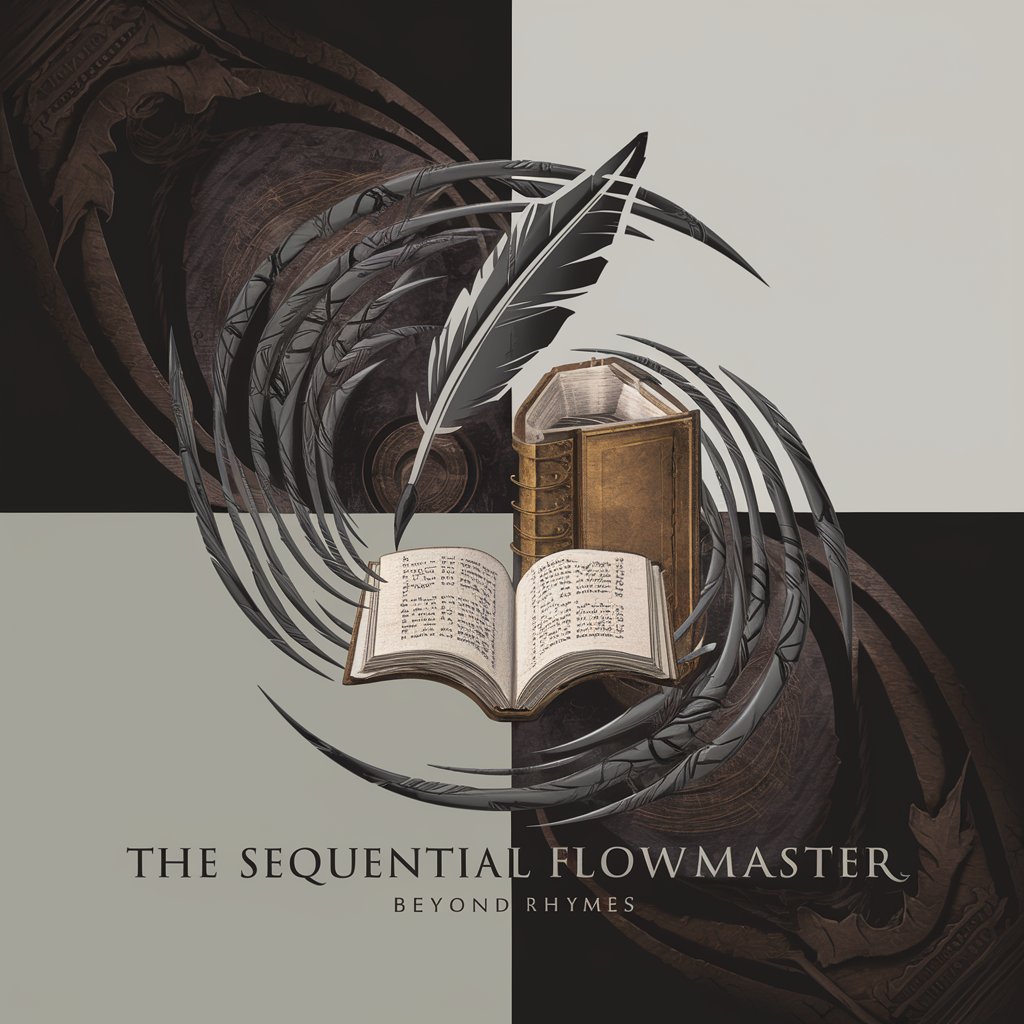
Book Publishing Advisor
Empowering authors with AI-driven publishing insights

Nurse's Aide GPT
Empowering Nursing Students with AI

Blue Hawk Marketing
Elevating Tactical Brands with AI Power

Finance Hawk
AI-Powered Financial Analysis, Simplified

Assistant Approbation des Comptes
AI-powered compliance and document drafting.

Academic Mentor
Elevating Your Academic Journey with AI

Buzz Boost
Amplify Your Newsletter with AI-Powered Marketing Insights

EGSnrc guide
Simulate electron and photon transport with precision.
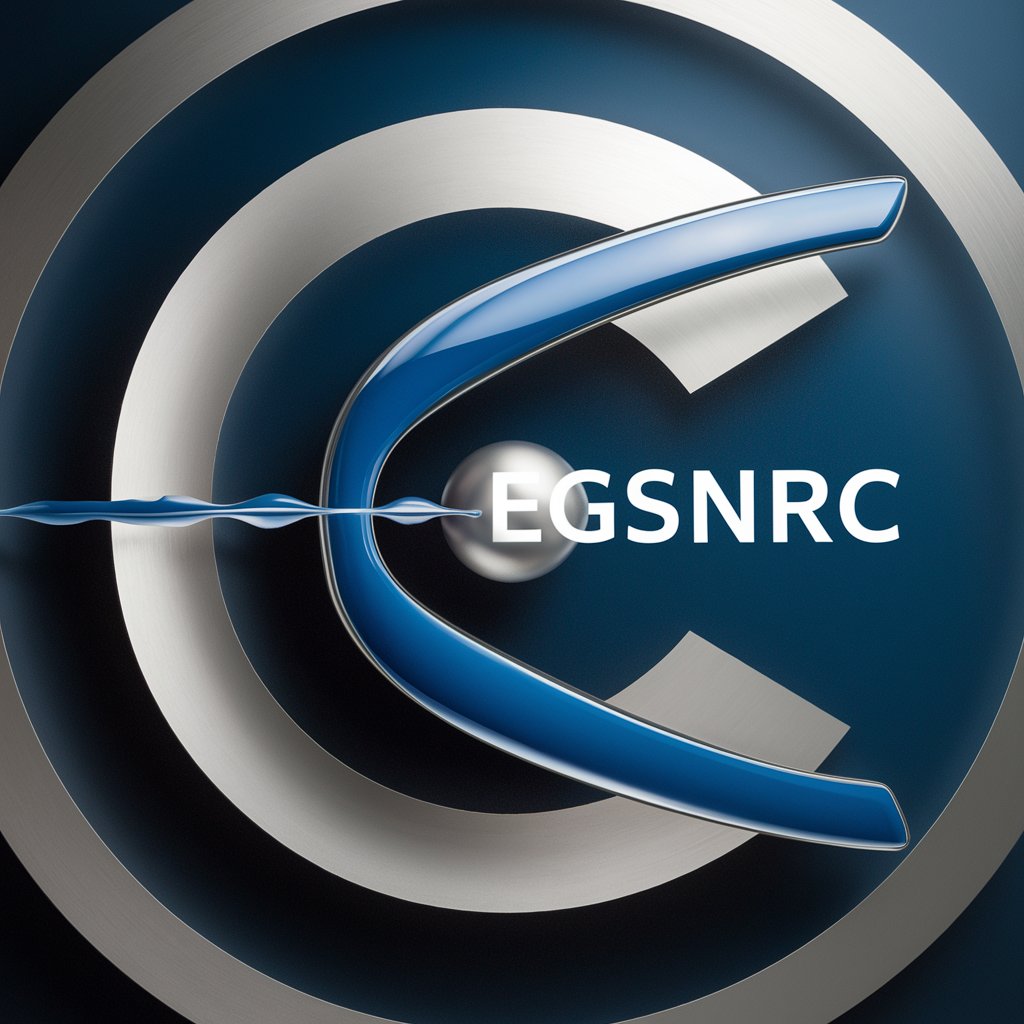
Hey Watch It!
Design Your Timepiece with AI

Which Watch
Find Your Perfect Watch, Powered by AI

Frequently Asked Questions about Ancient Hebrew Scholar
What can Ancient Hebrew Scholar analyze?
It specializes in the linguistic and theological analysis of biblical texts, offering insights into original Hebrew meanings, cultural context, and historical significance.
How does Ancient Hebrew Scholar differ from other biblical study tools?
It combines AI technology with ancient Hebrew linguistic expertise, providing a unique blend of traditional scholarship and modern computational analysis.
Can it help with understanding difficult biblical passages?
Absolutely, it excels at unpacking complex scriptures, providing clear translations, and explaining cultural and historical contexts that illuminate the original message.
Is Ancient Hebrew Scholar suitable for academic research?
Yes, it's designed to support rigorous academic study, offering detailed analyses that can contribute to scholarly work on biblical texts.
How does it assist in sermon preparation or teaching?
By offering deep insights into scripture, it helps educators and spiritual leaders craft messages that are both informed by scholarly research and enriched with cultural and historical understanding.

